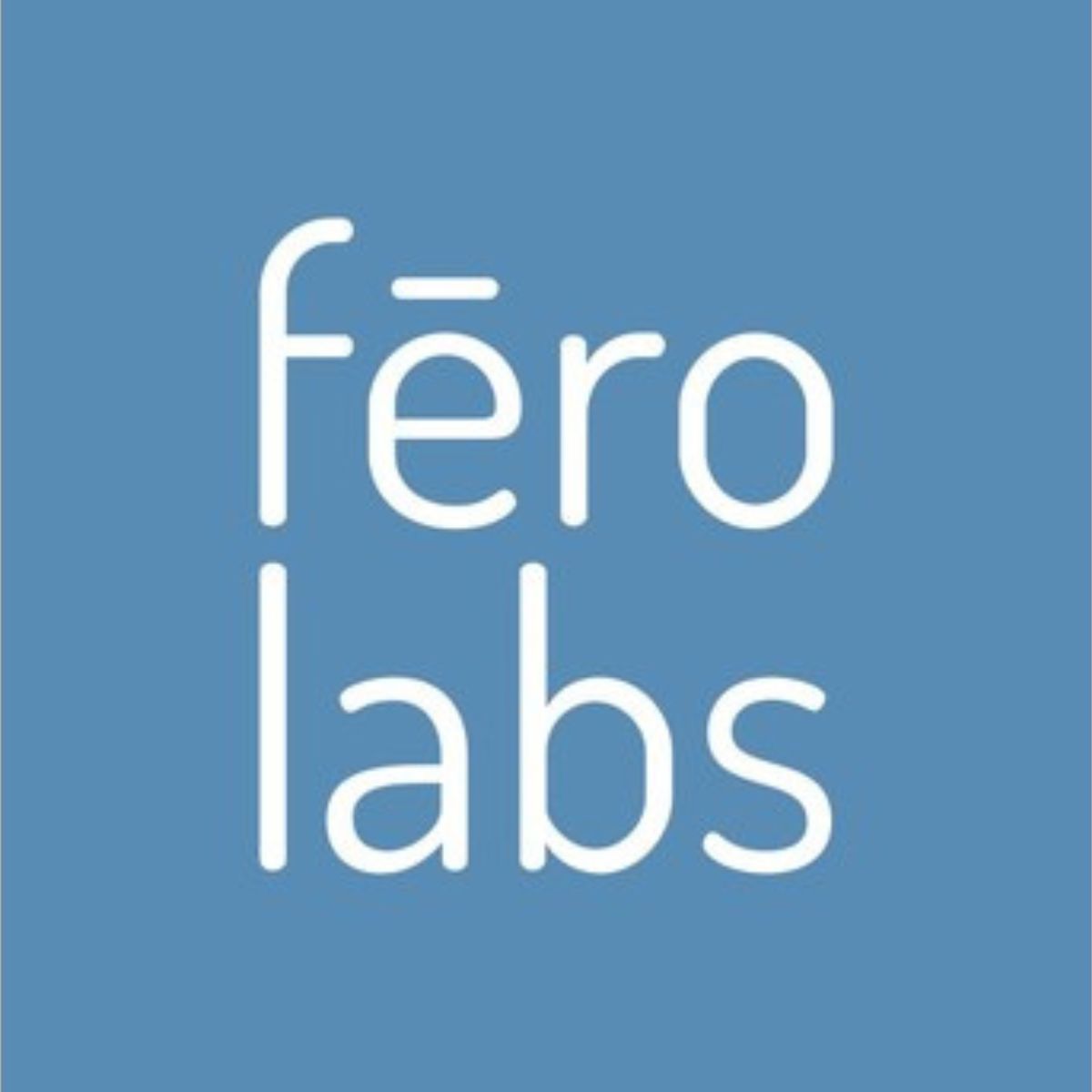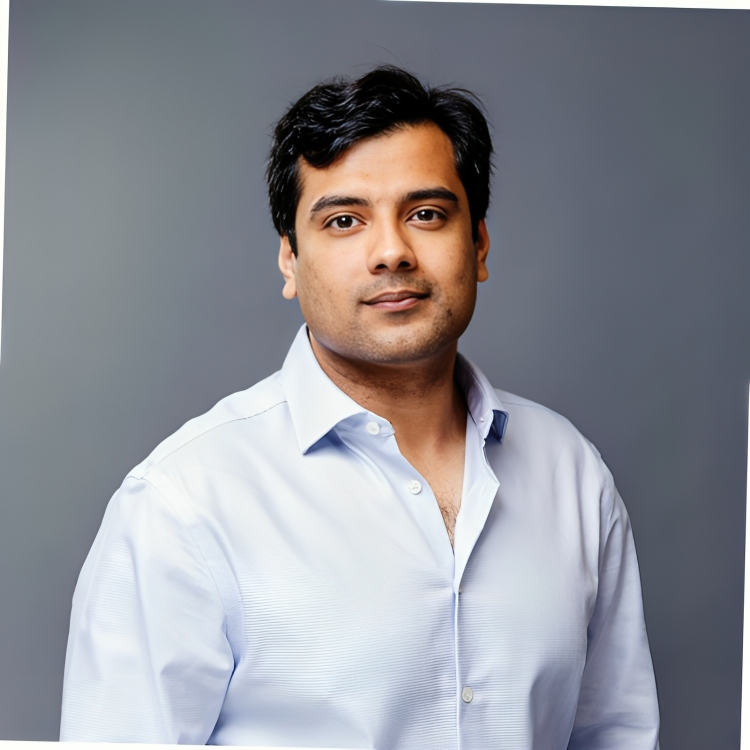Ready to build your own Founder-Led Growth engine? Book a Strategy Call

Frontlines.io | Where B2B Founders Talk GTM.
Strategic Communications Advisory For Visionary Founders
Actionable
Takeaways
Turn operational experience into category insight:
Dan's decade of consulting for 100+ manufacturers and distributors, plus his hands-on CEO experience at Prodigy Disc, gave him unique insights that pure tech founders lack. He explains, "I can tell you if you're a manufacturer, you probably have a workbench that, you know, you have old inventory shelf and some plywood over it that you know, work on your tooling. Like we've been in the day to day, we've gotten our shoes dirty." B2B founders should deeply embed themselves in their target customers' daily operations to build authentic understanding and credibility.
Create blue ocean through strategic language positioning:
Rather than competing head-to-head in the crowded ERP market, Dan positioned Digit as a "system of progress" - deliberately avoiding ERP terminology with its negative connotations of being "slow, rigid, expensive." He notes, "Digit's not an ERP is kind of the framing. We are a system of progress for a system of action." B2B category creators should identify existing category baggage and create new language that reframes the conversation around their unique value proposition.
Provide framework before features:
Unlike traditional ERPs that "throw a bunch of modules at you and let you fend for yourself," Digit starts with a comprehensive framework showing companies exactly what they should be doing to succeed. Dan describes it as "a 10 by 10 grid like in Excel, where the hundred cells represent everything as a company you need to be doing to be great." B2B founders should lead with strategic guidance and frameworks rather than just feature sets, especially when targeting less sophisticated buyers.
Leverage emerging channels for B2B vertical SaaS:
Dan discovered that Reddit became one of their best lead generation engines, with communities around specific legacy systems where users complain "thread after thread." They use Reddit for both product development insights and lead generation. B2B founders should explore non-traditional channels where their target customers gather to discuss pain points, especially in vertical markets.
Optimize for AI search alongside traditional SEO:
Digit intentionally strategies to get mentioned across AI models like ChatGPT, Grok, and Gemini, using YC company tools to measure AI mention frequency. Dan explains they're "actively doing" this measurement on their internal scorecard. B2B founders should develop parallel strategies for traditional search and AI recommendation engines, as customer discovery patterns evolve.
Build efficient teams through AI leverage:
With just a two-person marketing team, Digit generates significant output using AI tools like Google's VO3 for video production and various automation tools for personalized messaging. Dan emphasizes how "revenue per employee, that metric is going way up" due to AI capabilities. B2B founders should prioritize AI-powered efficiency over headcount growth, especially in go-to-market functions.
Conversation
Highlights
How Dan Koukol Turned 13 Years of ERP Pain Into a $3.3M Category-Creating Startup
Most software entrepreneurs build products to solve problems they’ve imagined. Dan built Digit Software to solve problems he lived through for over a decade. In a recent episode of Category Visionaries, Dan Koukol, the CEO and co-founder shared how his hands-on experience with over 100 manufacturers and distributors—plus an 18-month stint as CEO of a struggling manufacturing company—led him to reimagine the entire ERP category.
The Genesis: From Consultant to Operator
Dan’s journey into ERP software wasn’t typical Silicon Valley fare. “I’ve spent really my whole career, 13 years working with manufacturers and distributors across the US over 100 now at this point, consulted for them for about a decade and actually ran a manufacturer as CEO and experienced the pain firsthand,” he explains.
That pain was real and expensive. “Used ERPs, any ERP, you name it. I could tell you the hex code, all the screens tore these systems apart,” Dan recalls. This wasn’t academic research—it was battle-tested experience that would later become Digit’s competitive moat.
The turning point came when Dan took over Prodigy Disc, a disc golf manufacturer in North Georgia. The company had all the ingredients for success: “great product, good team, good culture, product market, fit, loyal customers.” But something was wrong. “It wanted to be a great company, but it was struggling with what we call the whirlwind,” Dan explains. “Inventory was slippery. There were things that the company had wanted to do for a number of years but never got to.”
The Prodigy Disc Experiment
What happened next at Prodigy Disc became the blueprint for Digit Software. Dan implemented an early version of what he now calls a “system of progress”—a framework that showed the company exactly what needed to be done to succeed.
“Within an 18 month period was able to come in as a CEO, work with the team, implement a very early version of what we call the system of progress, this new kind of next gen erp,” Dan recounts. The results were dramatic: “decrease order fulfillment times, increase the number of products in our product line, optimize our pricing for our wholesale dealers, and a number of other initiatives through sales, marketing, finance, production, supply chain, you name it.”
This hands-on success became more than just a case study—it became proof that there was a fundamentally different way to approach business software.
The Category Creation Strategy
Most entrepreneurs would have built “a better ERP.” Dan took a different approach entirely. He recognized that ERP as a category carried too much baggage.
“I think ERP unfortunately has a lot of negative connotations with slow, rigid, expensive,” Dan explains. “And I think for us, in order to win in this market, we have to create a blue ocean that other people aren’t in. And I think you do that with language and positioning and marketing.”
Enter the “system of progress.” “Digits, not an ERP is kind of the framing,” Dan says. “We are a system of progress for a system of action, one that you can use. If you want to become a great company and you want to tame the whirlwind internally, all you have to do is buy digit, listen to what it tells you, go and implement it and you’ll see your business improve.”
The Framework-First Philosophy
The core insight driving Digit’s approach differs fundamentally from traditional ERP systems. Dan uses a simple metaphor to explain: “The best way to explain it is imagine a 10 by 10 grid like in Excel, where the hundred cells represent everything. As a company, you need to be doing to be great.”
Traditional ERPs, he argues, miss this entirely: “Legacy systems don’t start with that framework, they just throw a bunch of modules at you and they kind of let you fend for yourself with digit. We provide that framework and we teach and guide you. What do you need to do? What modules do you need to use? How do you need to use them in order to become a great company?”
This framework-first approach addresses a fundamental misunderstanding in the market. “Management teams have kind of a misguided view where that’s going to be the silver bullet that’s going to take them from being a good company to a great company,” Dan observes. “They then go in and try to implement these systems and realize that even if the implementation is successful, at the end of the day it’s really just a lot of tables and a lot of forms and they’re static.”
Serving the Underserved Market
Digit’s target market reveals another strategic insight. While enterprise software companies chase Fortune 500 deals, Dan focused on a massive underserved segment. “87% of the companies in the U.S. for example, have fewer than 50 employees. And that’s typically a cutoff where we see they can’t access the legacy big systems,” he explains.
Most of Digit’s prospects don’t even have existing ERP systems. “I would say 70% of the customers we talk to don’t and you can see that number increase if you move down market. If you’re talking zero to $20 million. Top line companies, a lot of the legacy systems have been prohibitive.”
The solutions these companies currently use range from basic to bizarre: “We’ve seen things from access databases to custom PHP code, you name it.”
Modern Marketing for Old Industries
Despite targeting traditional industries, Digit’s marketing approach is thoroughly modern. With just a two-person marketing team, they’ve found success in unexpected channels.
“Reddit is one of our best lead generation engines. That’s something that did surprise us,” Dan reveals. The strategy involves mining vertical communities for insights and prospects: “There are even specific communities around specific legacy systems being terrible. And it’s just, you know, people coming in and complaining, threat after thread.”
But Reddit serves dual purposes: “We use it really for two things. One, we use it for product development. What are people really unhappy with these other products and what do they really like and how can we use that to influence our roadmap? And then we also use it for our typical lead generation.”
Digit has also embraced AI-powered marketing channels. “We’re starting to get recommended through ChatGPT, through Grok, through Gemini and through Copilot,” Dan notes. This isn’t accidental: “There’s an intentional strategy that’s making that happen.”
Competing Against Giants
When asked about competing against established ERP giants, Dan shows respect while outlining clear differentiation: “On one hand, we have a lot of deep respect for what those companies were able to do to bridge the gap before those companies existed to them existing and view ourselves as kind of taking the baton from them and ushering in the next layer.”
The competition strategy focuses on speed, design, and user experience: “We compete on speed, we compete on ui, we compete on flexibility of the product, we compete on delivery.” More importantly, they’ve eliminated the consultant ecosystem that makes traditional implementations expensive and slow: “We don’t have a lot of third party networks consultants built out in economics where, you know, an internal sales team sells you the product and then we hand you off to other people to implement. We make it direct to consumer.”
The Vision: Beyond ERP
Looking ahead, Dan’s vision extends far beyond replacing traditional ERP systems. “Big picture vision is for Digit to be the operating system that makers and doers are using to run their entire operation,” he explains. “So where we’re focusing right now is supply chain, inventory, purchasing, receiving, shipping, manufacturing. Think that in sales and marketing and finance and hr, everything one system.”
The comparison he uses is telling: “Think Shopify for manufacturing and distribution.” This positions Digit not just as better software, but as the foundation for an entire ecosystem.
The Modern Reality of Building Software
Digit’s story also reflects broader changes in how software companies can compete today. The combination of AI tools and cloud infrastructure has leveled the playing field in ways that weren’t possible a decade ago.
“Revenue per employee, that metric is going way up,” Dan observes, noting how his two-person marketing team achieves results that would have required much larger teams in the past. “There are so many tools out there. I mean, look at Google VO3 with the AI video and the stuff you can produce with that, right?”
This efficiency extends to development as well. As Dan notes about the broader ERP market: “When you have the emergence of AI that’s allowing smaller development teams and startups to now match the scope that these incumbents have built over time, you’re starting to see more of these types of disruptions take place.”
Dan Koukol’s journey from ERP consultant to category-creating founder illustrates how deep industry experience, combined with modern tools and strategic thinking, can disrupt even the most entrenched markets. By focusing on framework over features, creating new category language, and serving underserved segments with innovative marketing, Digit Software has raised $3.3 million in funding and positioned itself to become the operating system for physical goods businesses.
The lesson for B2B founders is clear: sometimes the best way to build something new isn’t to make the old thing better—it’s to reimagine what the old thing was trying to accomplish in the first place.

























































